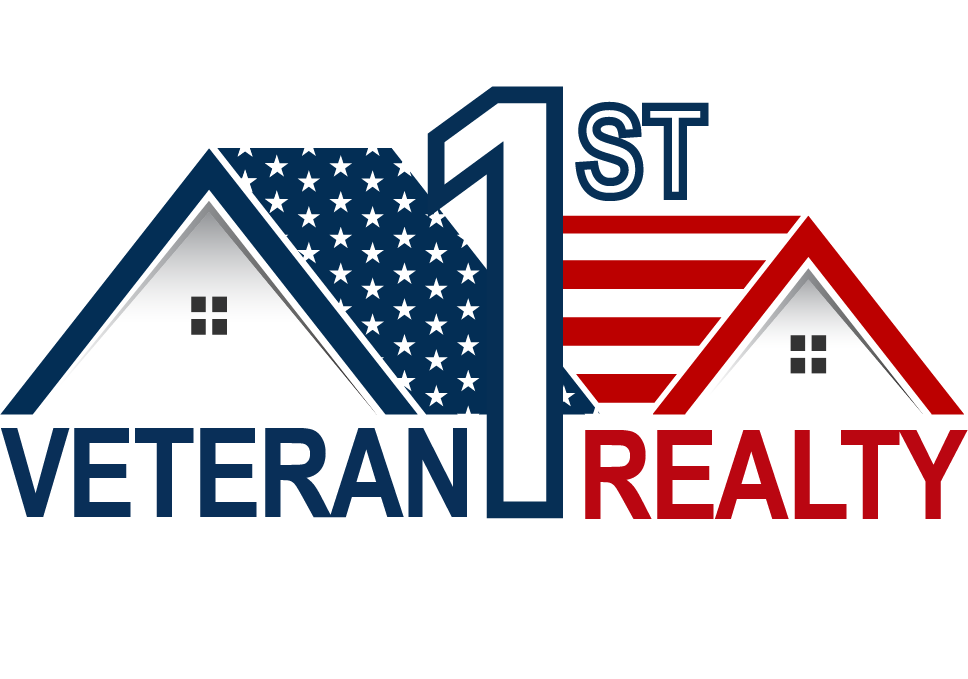VA Loan Eligiblity Requirements
Talk to a Professional Today
To be eligible for a VA loan, you or your spouse must meet the basic service requirements set by the Department of Veterans Affairs (VA), have a valid Certificate of Eligibility (COE) and satisfy the lender’s credit and income requirements.
You may be eligible for a VA loan by meeting one or more of the following requirements:
- You have served 90 consecutive days of active service during wartime, OR
- You have served 181 days of active service during peacetime, OR
- You have 6 years of service in the National Guard or Reserves, OR
- You are the spouse of a service member who has died in the line of duty or as a result of a service-related disability.
Talk With Veteran Lender today >>
VA Loan Certificate of Eligibility (COE)
While you DO NOT need your Certificate of Eligibility (COE) in hand to apply for a VA loan, it is an important part of VA loan eligibility. Your COE provides the lender with confirmation that you qualify for VA loan benefits.
Again, it is not necessary to obtain your COE before applying for a VA loan as most VA lenders are able to instantly pull your COE through the VA’s automated system. In fact, nearly all VA loan COEs are requested electronically, and about two-thirds of certificates are issued immediately, according to the VA.
There are three basic ways you can obtain your COE for a VA loan, which include:
- Applying through a VA approved lender
- Applying online through the VA’s eBenefits portal
- Applying by mail with VA Form 26-1880
Speak with a Home Loan Specialist to get your COE today. The process takes minutes to complete with proof of your military service and ensures your home financing moves forward without delays.
Documents Required to Obtain a COE
Proof of service to obtain your COE often comes in the form of the DD Form 214 for regular military, and the NGB Form 22 and NGB Form 23 for National Guard and Reserves. However, this isn’t always the case. See the required forms for each service type below.
Documents Required to Obtain a COE
- Veteran - DD Form 214 (Report of Separation
- Current or Former Activated National Guard or Reserves - DD Form 214 (Report of Separation)
- Active Duty - Statement of Service
- Current National Guard or Reserves (Never Activated) - Statement of Service
- Discharged National Guard (Never Activated) - NGB Form 22 (Report of Separation and Record of Service) and NGB Form 23 (Retirement Points Accounting and proof of the character of service)
- Discharged Reserves (Never Activated) -Army Reserve: DARP Form FM 249-2E or ARPC Form 606-E. Navy Reserve: NRPC 1070-124. Air Force Reserve: AF 526. Marine Corps Reserve: NAVMC HQ509 or NAVMC 798. Coast Guard Reserve: CG 4174 or 4175
How Spouses Can Obtain their COE
Getting a COE as a surviving spouse depends on whether or not you’re receiving Dependency and Indemnity Compensation.
Spouses receiving Dependency and Indemnity Compensation benefits must fill out VA Form 26-1817 (Request for Determination of Loan Guaranty Eligibility – Unmarried Surviving Spouses) and obtain a copy of the Veteran’s separation paperwork, such as a DD Form 214.
If you’re not receiving Dependency and Indemnity Compensation benefits, you’ll need to fill out VA Form 21P-534EZ (Dependency and Indemnity Compensation, Survivors Pension and/or Accrued Benefits) and submit to your state’s VA Pension Management Center (full list here).
Additionally, you’ll need to provide a copy of your marriage license, the Veteran’s death certificate (or DD Form 1300 – Report of Casualty) and the Veteran’s separation paperwork.
Separation paperwork can be requested from the U.S. National Archives and Records Administration.
Additional VA Loan Eligibility Requirements
Although the VA determines the guidelines for VA loan eligibility, private lenders who finance the home typically have an additional set of guidelines potential borrowers must satisfy, including sufficient reliable income to repay the loan, acceptable levels of debt, and a credit score that meets the lender’s credit requirements.
The property will also need to satisfy the VA’s appraisal process, which looks at the home’s fair market value along with its condition.
VA Loan Credit and Income Requirements
The VA does not set a minimum credit score requirement for VA loan eligibility, but lenders typically do. Because of this, VA loan credit score requirements vary by lender, with most lenders typically requiring a minimum 620 mortgage credit score.
In addition to credit score, the VA requires borrowers to maintain a certain amount of income left over each month after all major expenses are paid. The excess is meant to cover typical family needs, such as food, transportation, and medical care, and is known as residual income.
By enforcing residual income requirements, the VA increases the chances of its borrowers earning sufficient income to meet all financial obligations, and also ensures borrowers have a cushion in the event of an emergency.
How to Apply for a VA Loan
Veterans and service members don’t need to know if they’re eligible for a VA loan to try and start the process. You’ll get a good handle on your ability to land a VA loan during the first step – loan preapproval.
The VA loan process typically takes 30 to 45 days once you’re under contract on a home, although every buyer’s situation is different. Applying for a VA loan doesn’t obligate you in any way to a particular lender or to moving forward with the homebuying process.
Here’s a look at the four basic steps to applying for a VA Home Loan:
- Familiarize yourself with the broad VA loan eligibility requirements above
- Contact a VA-approved lender like CrossCountry Mortgage and start your VA Loan application
- Obtain your Certificate of Eligibility through your lender or on your own
- Finalize your loan application and provide all necessary paperwork to your lender, including W2s, tax returns and additional financial information
